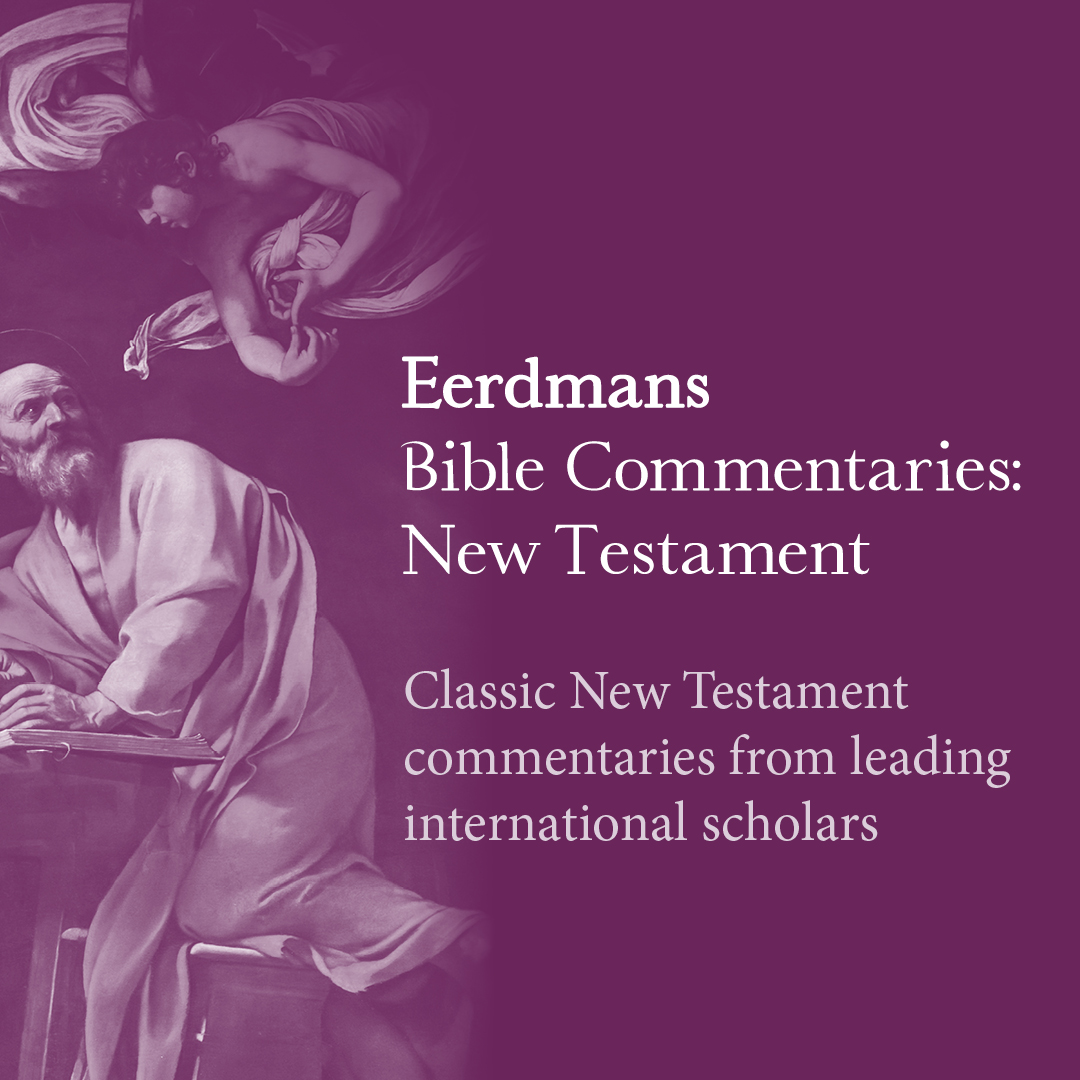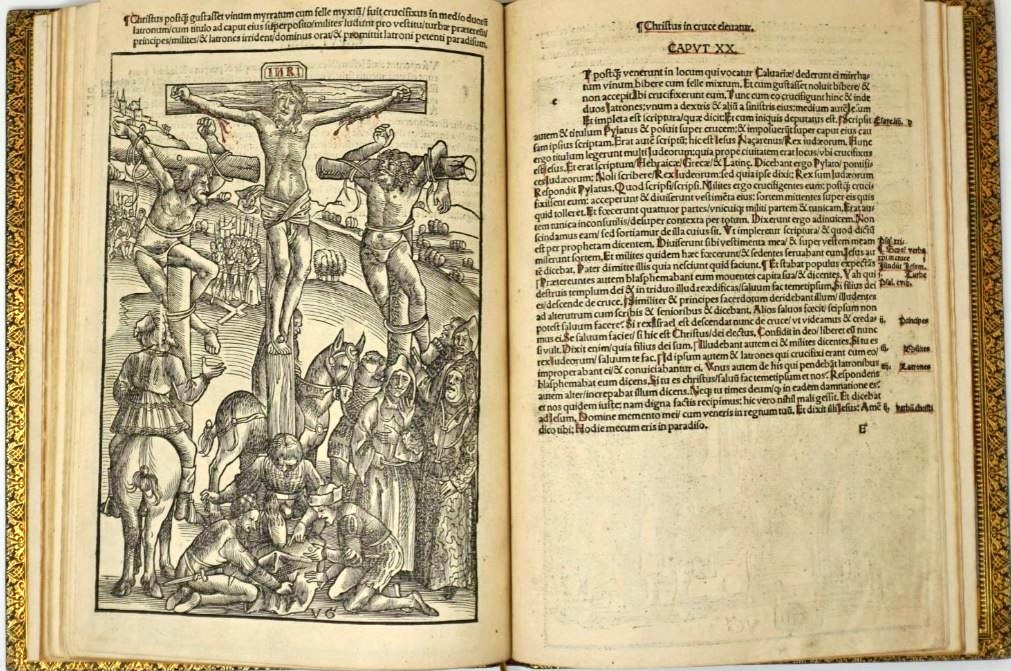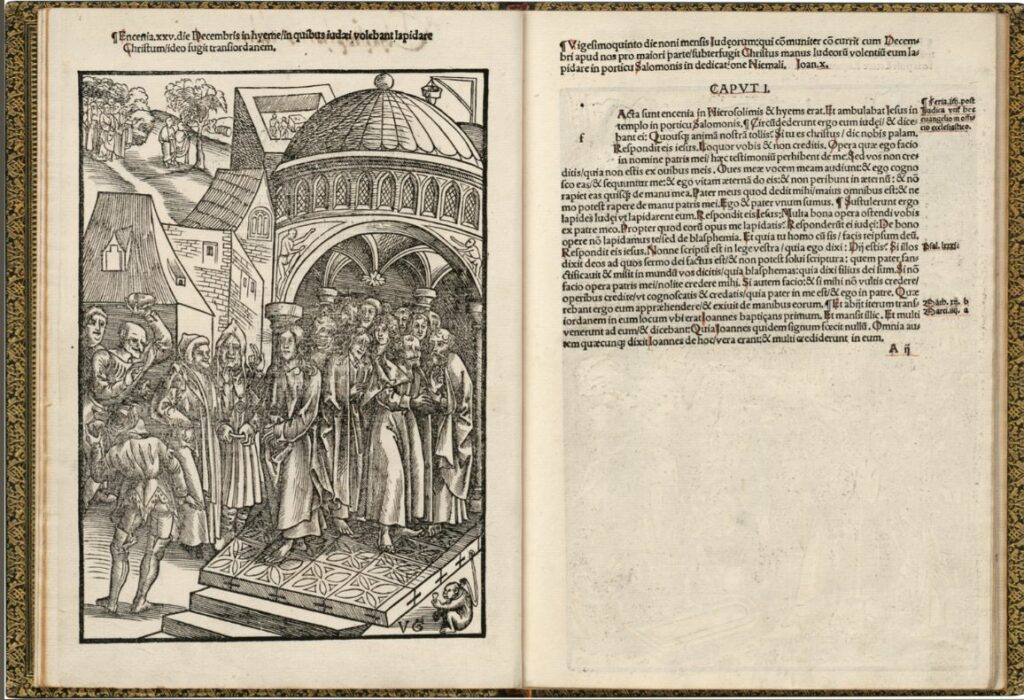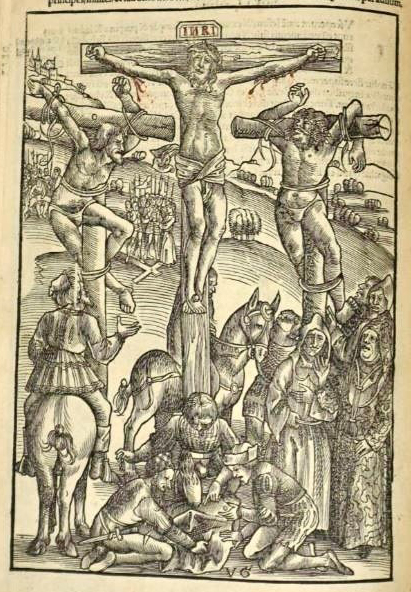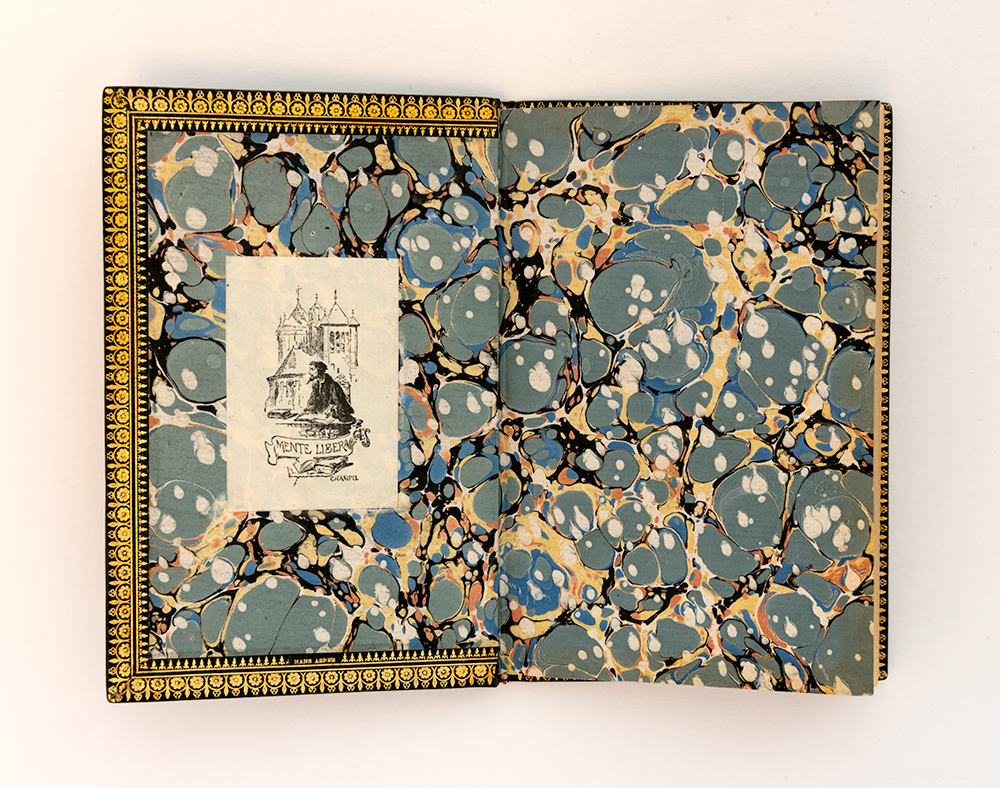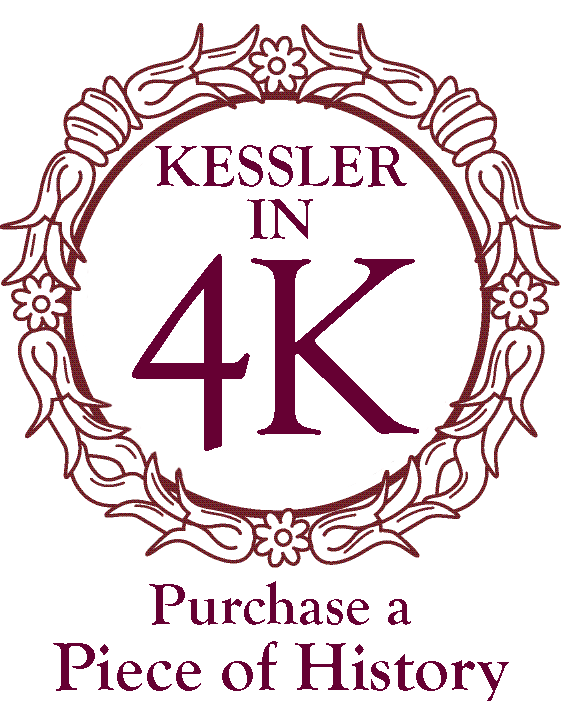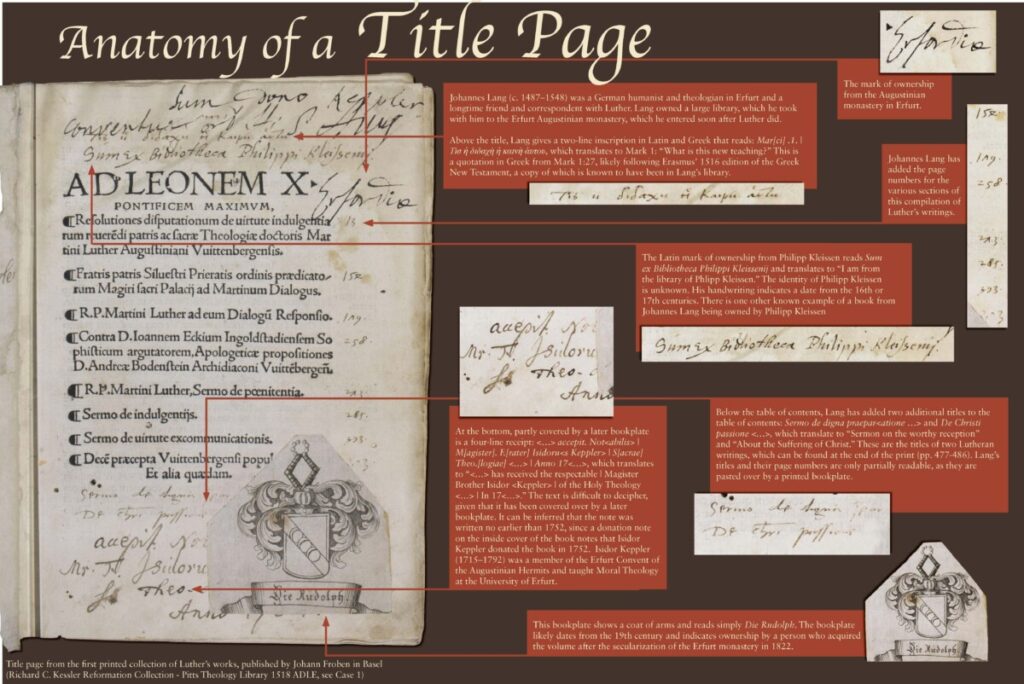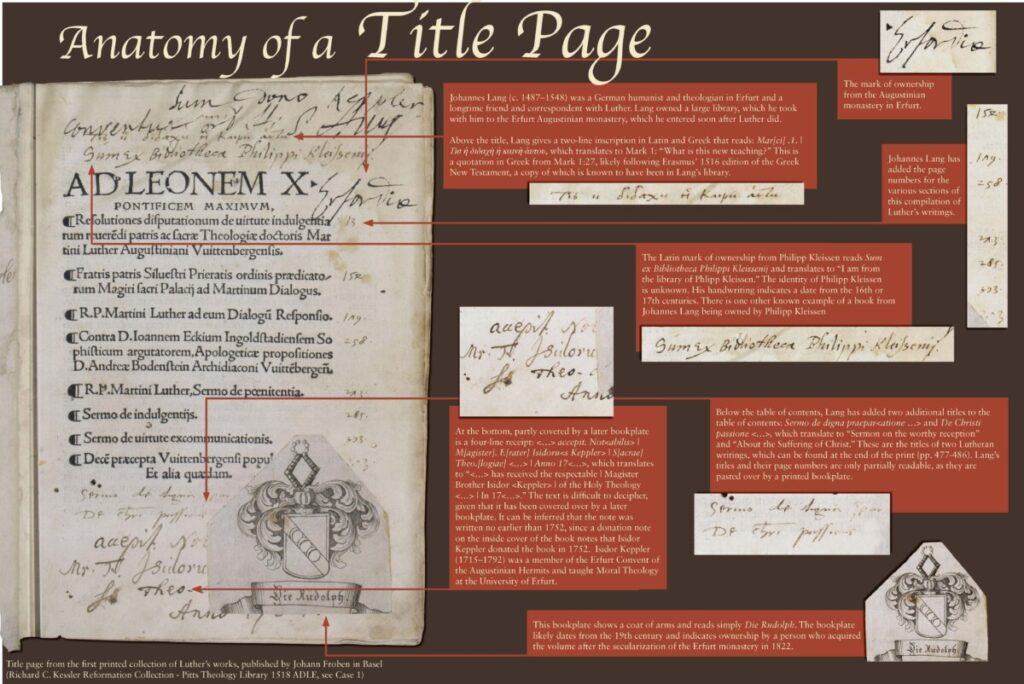Pitts Theology Library has just purchased online access to a collection of dozens of biblical commentaries from Eerdmans. This acquisition brings valuable resources that have long been appreciated in the library’s print collection to an online audience.
The collection includes ebooks curated for New Testament and Old Testament research, which range from standby foundational works to recently-published scholarship in these areas.
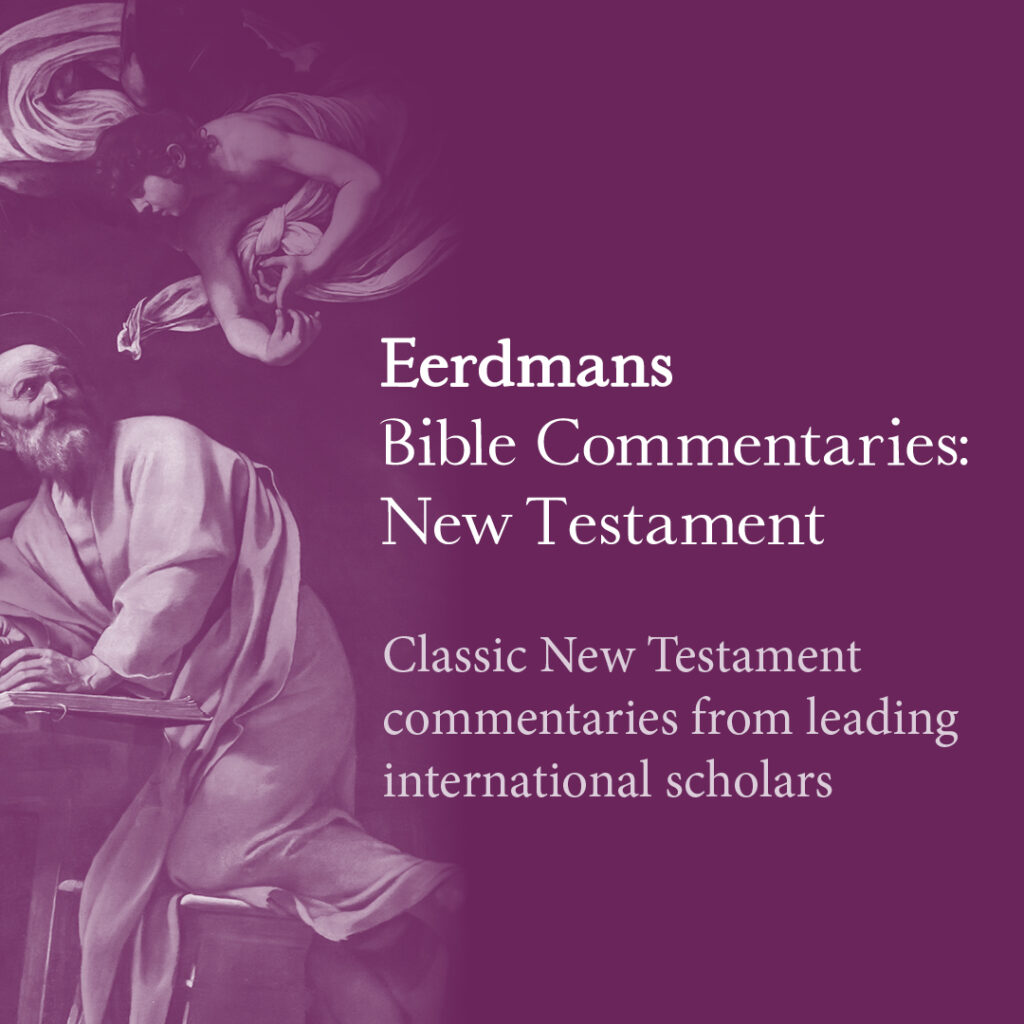
The New Testament collection features the Pillar New Testament Commentary and the Two Horizons New Testament Commentary, while the Old Testament collection includes the International Theological Commentary and Illuminations Commentary series. The New International Commentary, Eerdmans Commentary on the Bible, Eerdmans Critical Commentary, and the Two Horizons Commentary contain works on both the New and Old Testaments.
In addition to providing access for current Emory students, Pitts has also added these resources to Emory’s collection of research databases for alumni, meaning that all Emory alumni can access them as well. Alumni who haven’t used alumni research databases yet should contact the Emory Alumni Association for access. Current Emory students should make sure to join the Alumni Association before graduating for the easiest way to maintain access to these library resources after they graduate.
This new content is located on the Theology and Religion Online (TARO) platform, which is also the home of the Anchor Yale Bible Dictionary and Commentaries. Current Emory students, faculty, and staff can access the full TARO collection directly here, or they can search for individual titles in the library catalog.
When using these resources, don’t be afraid to think beyond exegesis papers! These commentaries include material intended for work in systematic theology, biblical archaeology, and preaching, as well as historical and textual criticism. To help you get the most out of them, our reference librarians are available for individual consultations. Schedule a time to meet with Dee Roberts or Brady Beard for a 30-minute session tailored to your specific research project.
By Caitlin Soma, Acquisitions & Periodicals Coordinator

